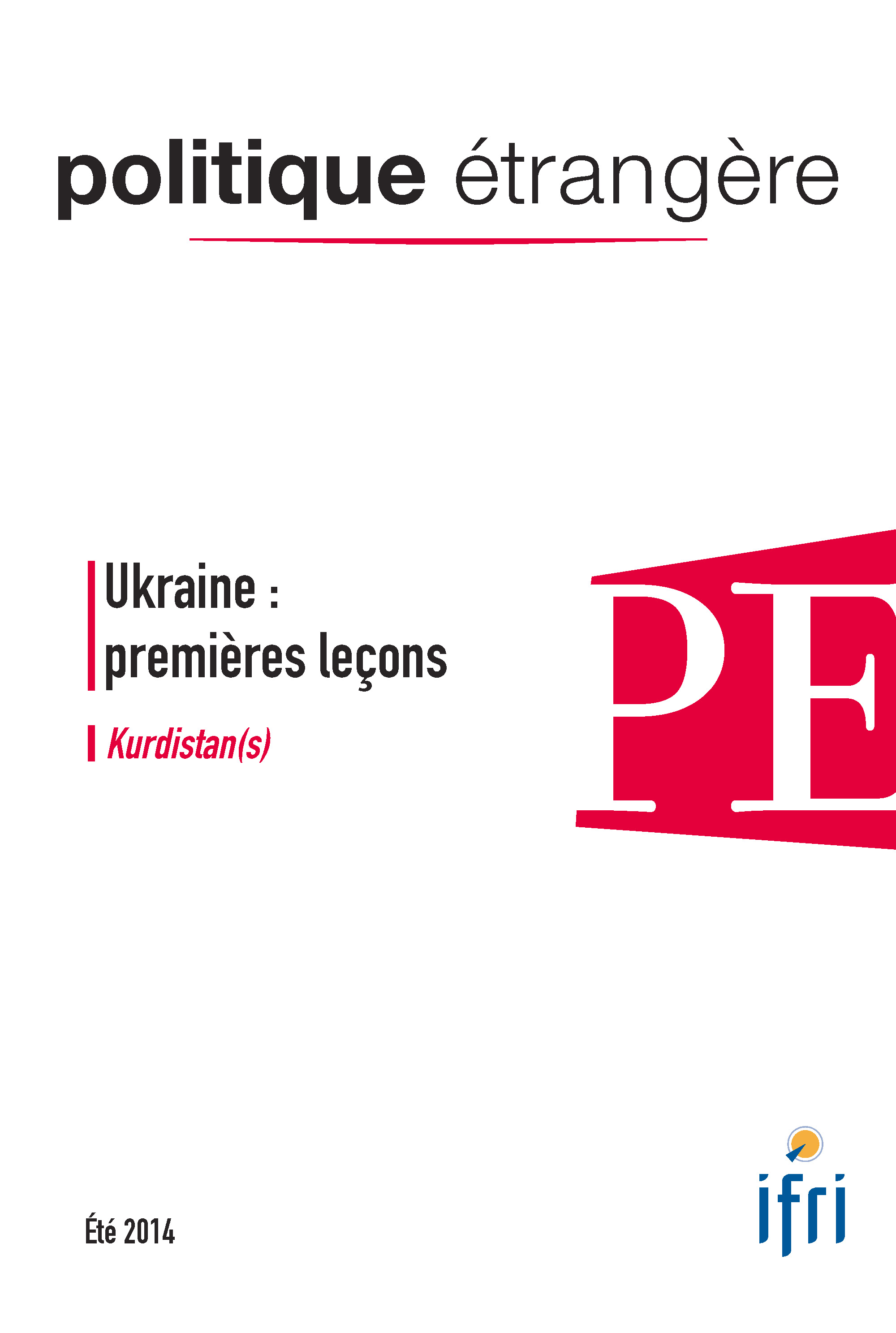Political Systems
At the end of the Cold War, the idea spread that liberal democracy was going to take over the world. In reality, authoritarian regimes have resisted, and political systems remain varied.


John Kerry in the Middle East: from Weak to Hopeful Diplomacy?
In 2013, Barak Obama and John Kerry managed, not without difficulty, to steer Israeli and Palestinian leaders back to peace negotiations. At the same time, Washington re-established dialogue with Tehran in talks aimed at finding a solution to the Iranian nuclear problem.
Emerging Markets and Migration Policy: China
China’s development has given rise to massive flows of both domestic migration and international emigration.
The Left in Turkey: A Fragmented History
The Gezi protest movement gripped Turkey throughout the summer of 2013 and reignited observers’ interest in Turkey’s left-wing activist groups, which participated in the protests.


Country Risk Analysis: More than a Postmodern Discipline
Methodological debates about the stages of growth and the way in which a country goes through political modernization are long-established and manifold.

The Nagging Problem of State Insolvency
Historically, states have indebted themselves to finance military campaigns. They do so nowadays for other reasons such as financing productive investment.
Gas in Mozambique: a High-risk Economic Revolution
Since oil was discovered in Uganda in 2006, East Africa has been an arena for a race in the exploration for hydro-carbons. Yet the oil reserves in Uganda, the more recent and modest ones in Kenya and the few pockets of gas in Ethiopia are on a completely different scale from the enormous gas resources discovered since 2010 in the off-shore waters of Mozambique and Tanzania.
Brazil and International Migrations in the Twenty-first Century: Flows and Policies
The second half of the XXth century is a unique stage in the history of Brazilian migrations: the attractiveness of Brazil as a country of immigration declines, due to economic hardships and a shift in public perceptions of migrants, who are increasingly framed as a security liability.

Turkey: the Sèvres Syndrome, or the Interminable War
For the Turks, the Treaty of Sèvres symbolizes the liquidation of the Empire and the carving up of Turkey by outside forces.

1914–2014: Nation and Nationalism
The increasing militarism prior to the Great War had its roots in national beliefs and ideologies constructed during the 19th century in European countries.
Support independent French research
Ifri, a foundation recognized as being of public utility, relies largely on private donors – companies and individuals – to guarantee its sustainability and intellectual independence. Through their funding, donors help maintain the Institute's position among the world's leading think tanks. By benefiting from an internationally recognized network and expertise, donors refine their understanding of geopolitical risk and its consequences on global politics and the economy. In 2025, Ifri supports more than 80 French and foreign companies and organizations.






